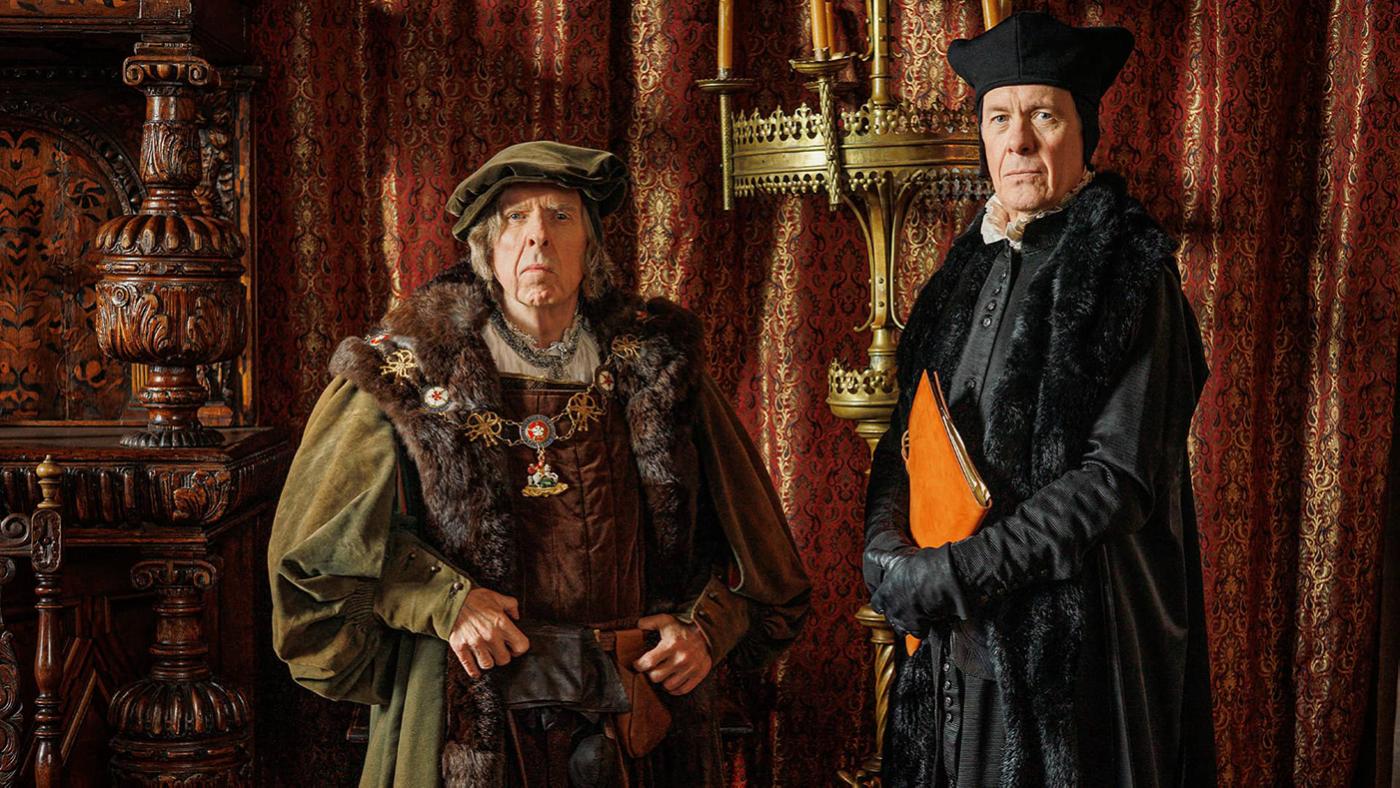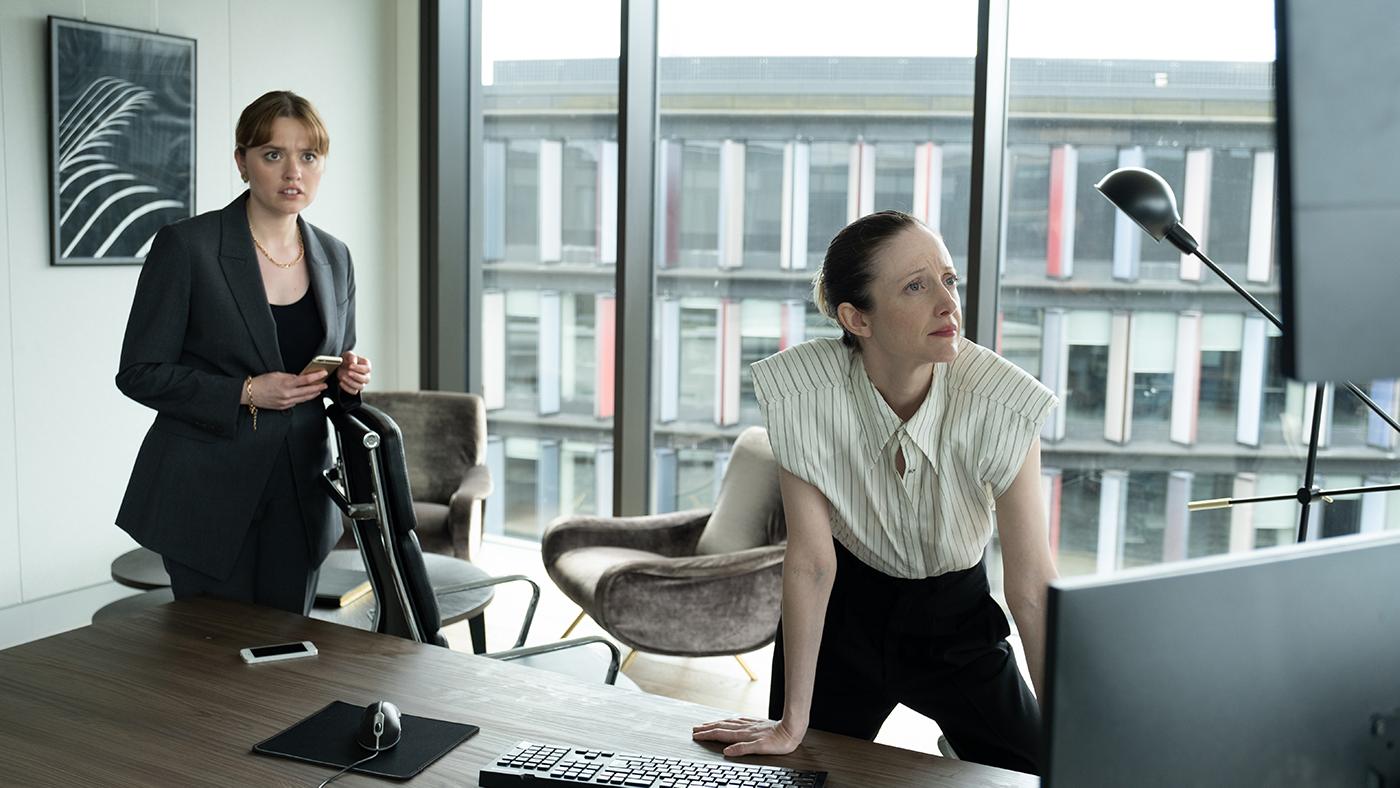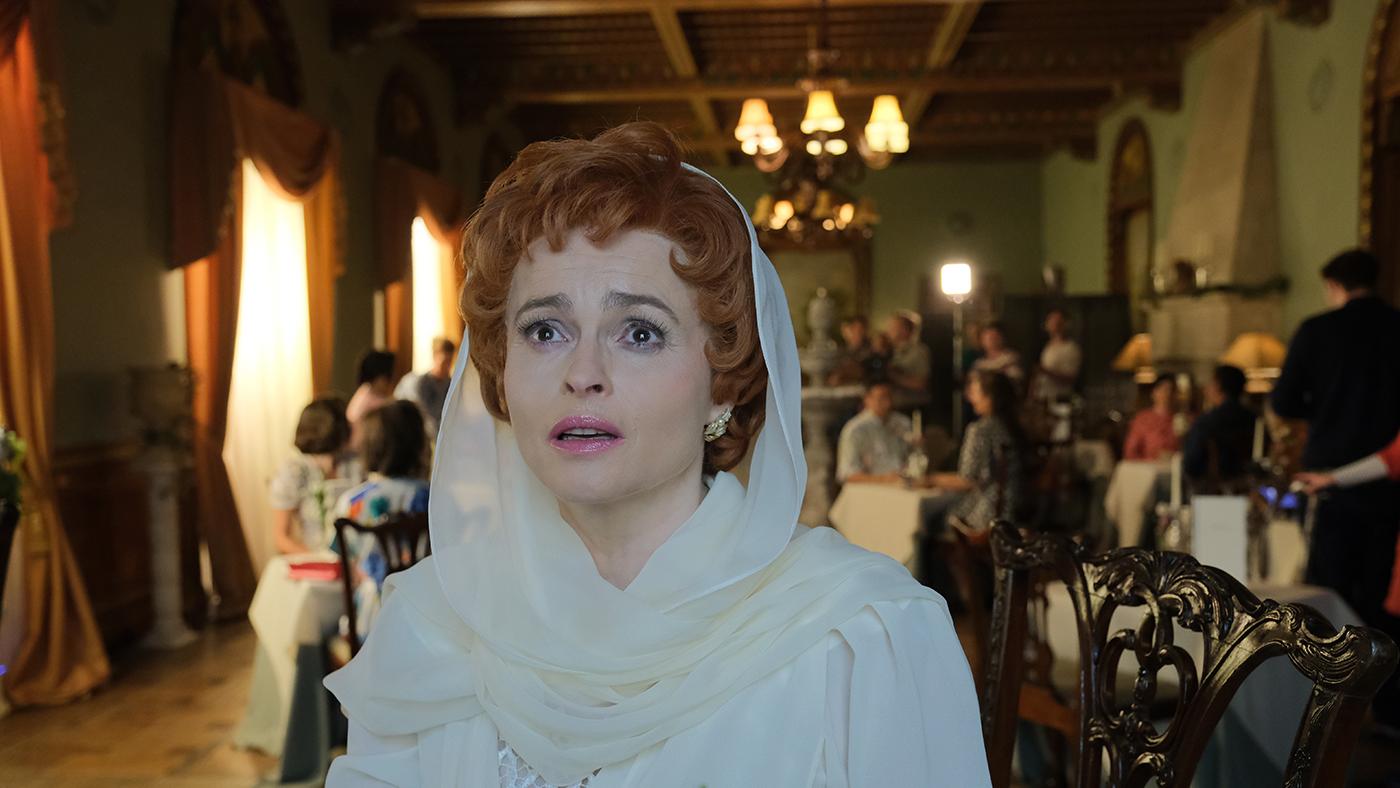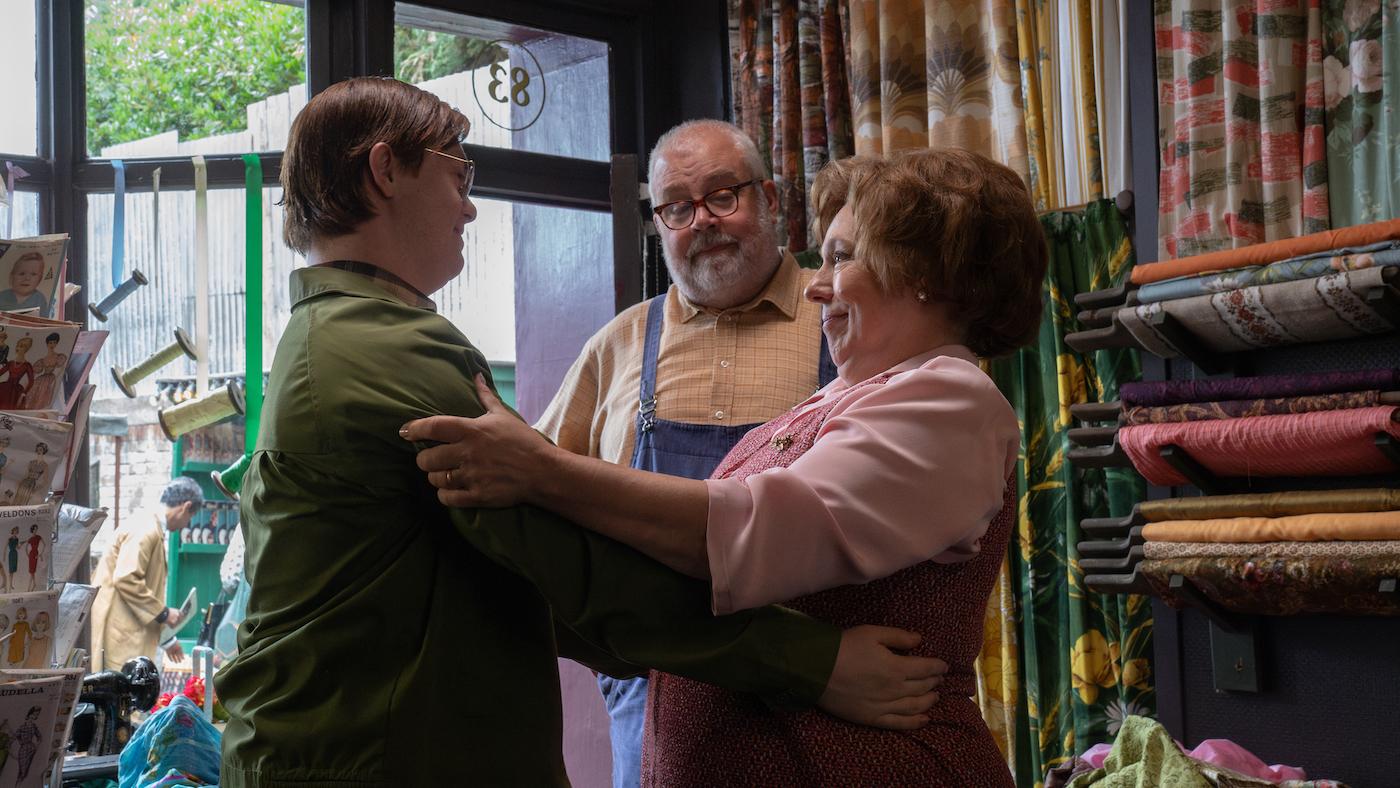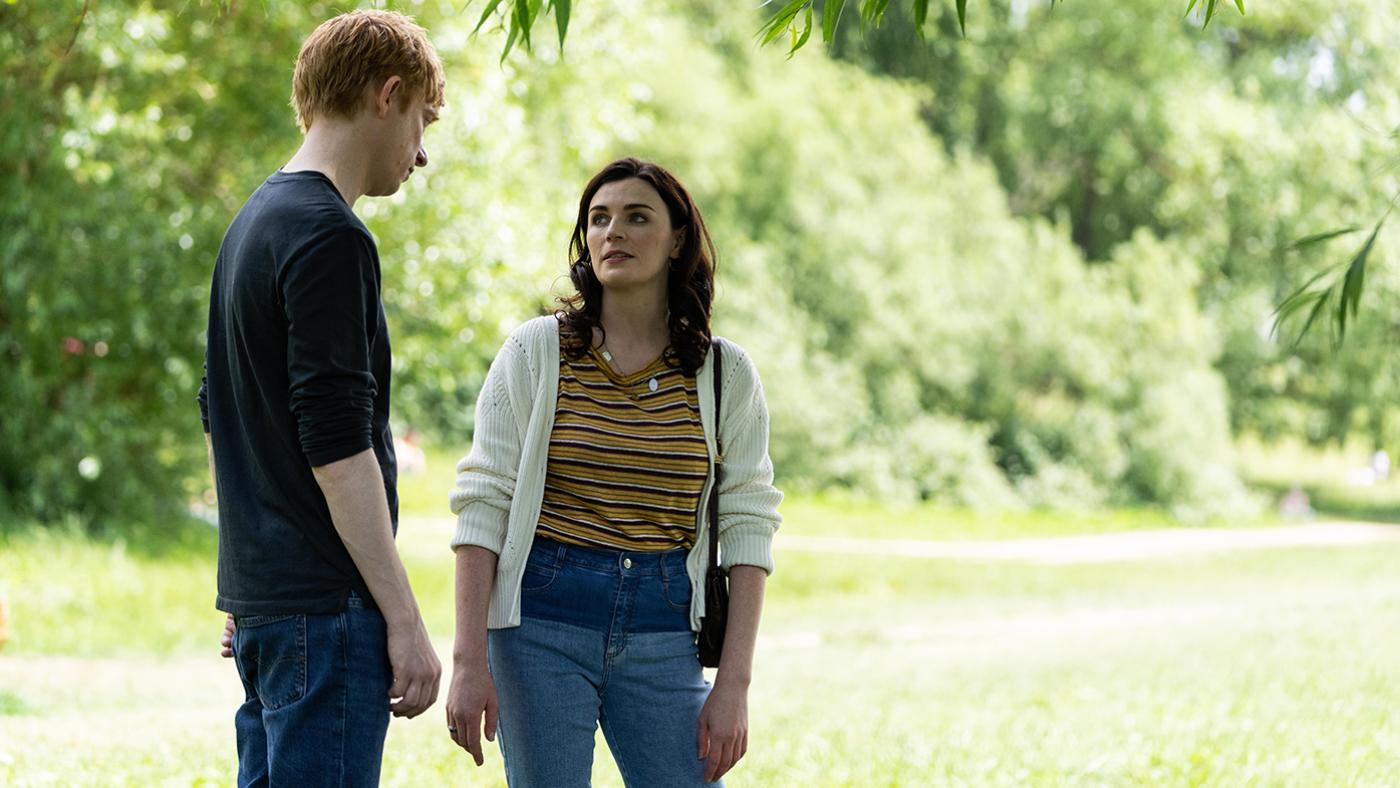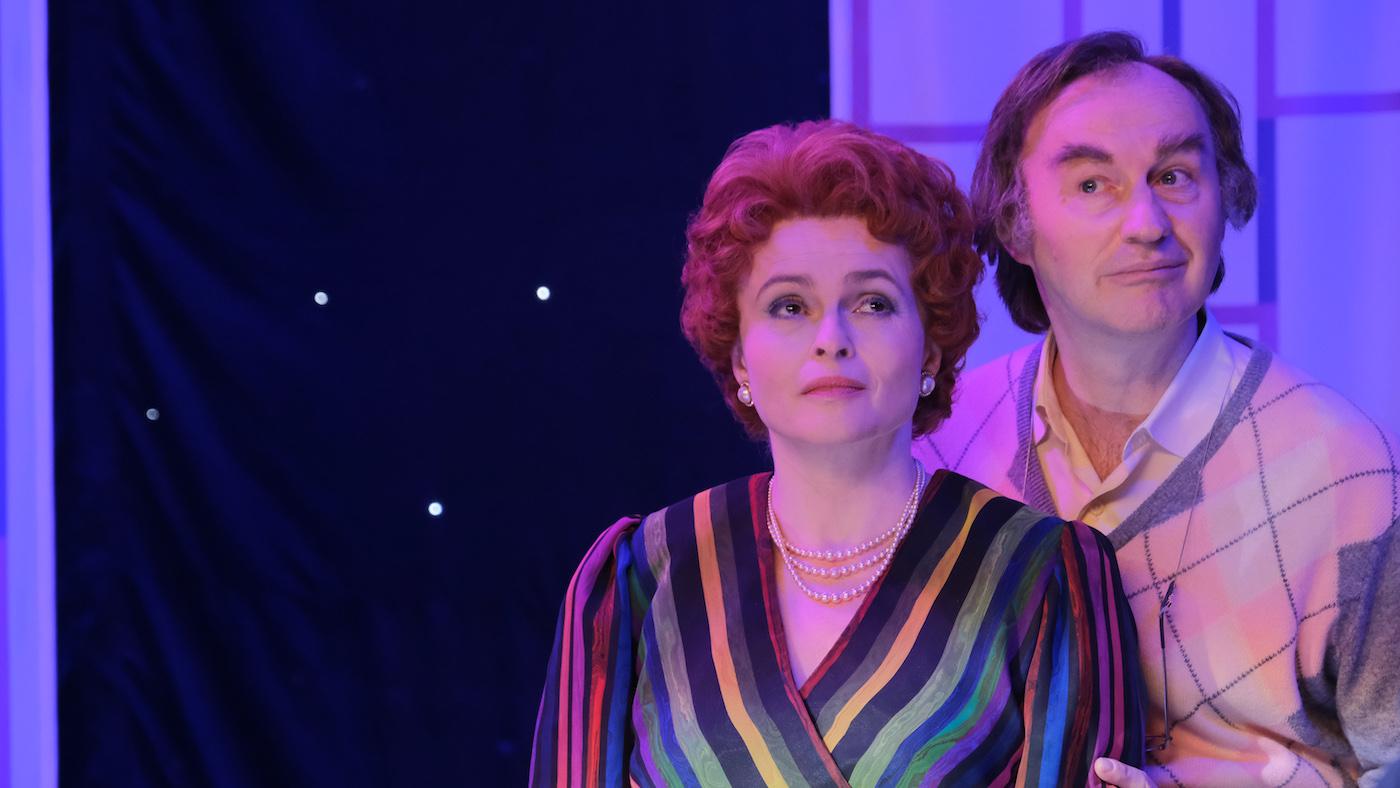'Sanditon' Recap: Season 3 Episode 2
Daniel Hautzinger
March 26, 2023
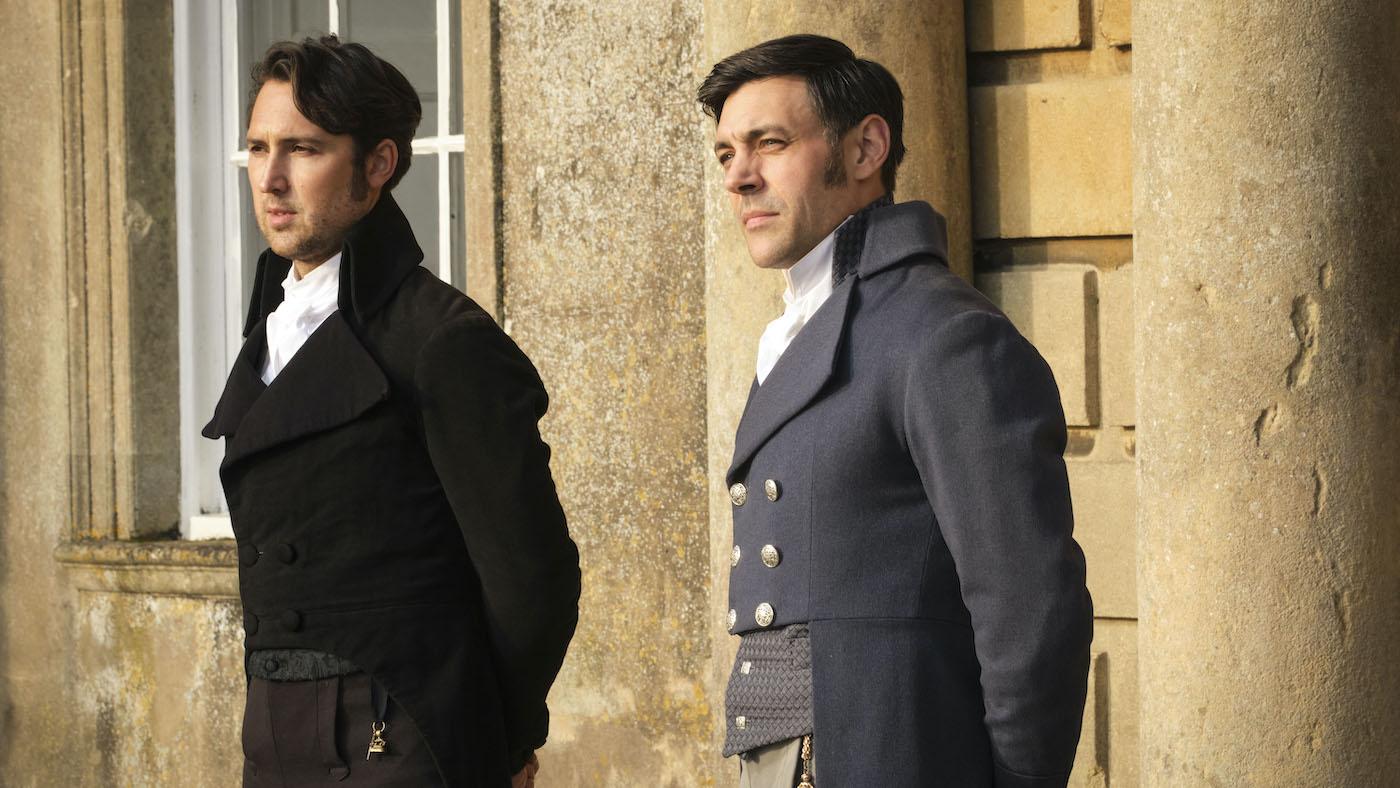
Sanditon airs Sundays at 8:00 pm on WTTW and is available to stream. Recap the previous and following episodes.
Keep up with your favorite dramas and mysteries by signing up for our newsletter, Dramalogue.
The king is coming to Sanditon, thanks to Lady Susan’s influence. Arthur has booked the famed American soprano Elizabeth Greenhorn for a royal recital on the waterfront, an exciting prospect for Lord Montrose, who finds himself hanging around Arthur despite the latter’s distrust of Montrose’s reputation.
Charlotte’s fiancé Ralph won’t enjoy the pleasure of seeing the king, as he has returned to his farm while Charlotte stays in Sanditon to help Georgiana through the prospect of losing her inheritance in a court case brought by Charles Lockhart. Lady Susan suggests to Charlotte that Georgiana’s plight might be an excuse to stay in Sanditon; if she really loves Ralph and wants to marry him, she should go to him.
But Charlotte wants to ensure that her friend has a great lawyer—a difficult prospect, given that the Lord Chancellor appointed to the case is known to be against abolition and thus opposed to Georgiana for several obvious reasons. No lawyer will take her case. Charlotte advises Georgiana to write a letter to the newspapers detailing the injustice of her position.
Alexander Colbourne overhears the plight of Georgiana and rushes off to London suddenly. He is therefore absent when Lady Montrose and her daughter Lydia arrive at his estate to go riding with him. They are instead greeted by a show of intolerance by Leo and Augusta. Lydia is amused and encourages it; her mother is distinctly not, and doesn’t. She is also now wary of marrying her son to Georgiana, lest Georgiana lose her fortune in court.
Alexander returns with a guest in tow: his brother Samuel, a lawyer. Samuel will take Georgiana’s case, and believes in her cause. But first he must test Georgiana’s resolve. He antagonizes her with scathing questions about her past romantic relationships and her mother, demonstrating the kind of experience she will have if she testifies in her case.
Georgiana decides that she can’t face the public humiliation and so will not appear in court. Samuel tells Charlotte that the trial will go on regardless, but that there’s little hope of Georgiana winning if she doesn’t defend herself. Charlotte resolves to try to convince Georgiana to testify before the trial begins in two days.
While Samuel grilled Georgiana, Charlotte and Alexander waited awkwardly outside. Alexander told Charlotte that Leo and Augusta miss her—and he was clearly not talking only about them. Samuel notes Alexander’s interest in Charlotte. There are “so many interesting things going in Sanditon that require careful observation,” he says later, and he relishes watching the relationships play out.
Among them is one between Alexander’s young niece Augusta and Lady Denham’s reprobate—but under a program of reform—nephew Edward. They are mutually intrigued, although it’s hard to say on either side with what aim. Edward decides he will impress the intelligent Augusta with a confessional poem, and gets a reprieve from his chores to write it from Reverend Hankins via some careful flattery of the priest.
Edward waits outside Sanditon’s teahouse to speak with Augusta and mention his poem, asking her to read it. But when he struggles to write it, he is advised by Beatrice Hankins to speak from the heart. (Beatrice herself has her heart stirred by writing: she and Dr. Fuchs have been corresponding, although she is hiding the fact from her brother.) Edward again contrives to visit Augusta and tell her his poem was bad. She believes he is only interested in her for her inheritance, and decides to finally cut off contact, telling him to desist from his “false and piteous flattery”—but it’s clear she enjoys it.
Lady Denham does not enjoy the attention of the wealthy investor Rowleigh Pryce. He has welcomed the challenge of convincing her to accept his investment in a hotel in Sanditon, but half a century ago he passed her over at the altar for a wealthier bride—or at least that’s how she remembers it. He recalls being left by her. But after speaking with him, she is willing to accept a hotel built with his money—as long as she gets a share of the profits.
Mary Parker has suggested a hilltop with a view as the perfect location for the hotel, but Pryce wants it on the seaside, in a location that would require the demolition of some fishermen’s cottages. Tom is unsettled, but believes the hotel won’t be built because he thinks Lady Denham still opposes it. He tells Mary that he and Lady Denham won’t let Pryce build over people’s homes.
Except Lady Denham will: she makes clear to Tom that she’s behind Pryce’s plan, to Tom’s discomfort.
She tells Tom this while waiting for the royal recital—which, unknown to almost everyone, will no longer be royal. Arthur has received a letter informing him that the King is not coming. Lord Montrose deduces the truth, and tells Arthur that there are rumors that Lady Susan has been discarded for a new mistress. Indeed, she is surprised to learn of the king’s cancellation, but hides it—she knows what this means for her.
Arthur is devastated, especially since the soprano Greenhorn has gone out of her way to come to Sanditon and take the rare opportunity as a Black woman to sing for the king. Lord Montrose proposes that they hide the king’s absence from her, telling her only after the performance that he was unable to make it. He even dons finery and his title to impress her when she arrives in Sanditon.
But Arthur can’t lie, and tells Greenhorn the truth. Lord Montrose steps in and defends Arthur, and she agrees to nonetheless perform, so that Arthur doesn’t lose all the money he has invested in the recital. Pleased, and warming to Lord Montrose, Arthur asks him to call him by his first name.
Other relationships also warm up around the recital. Pryce tells Lady Denham that his greatest mistake was not joining her at church all those decades ago. Samuel notices—as is his wont—Lady Susan’s hurt at being cast aside by the king, and strikes up a conversation with her. Having received a letter from Edward, Augusta begs a headache to avoid attending the recital, then meets Edward, who wants to simply walk with her.
And Charlotte and Alexander end up sitting next to each other at the recital. They lightly touch hands while Greenhorn sings an aria of love.
During the performance, Georgiana resolves to fight for her inheritance. She will testify on her own behalf in court. She and Samuel leave for London tomorrow.

